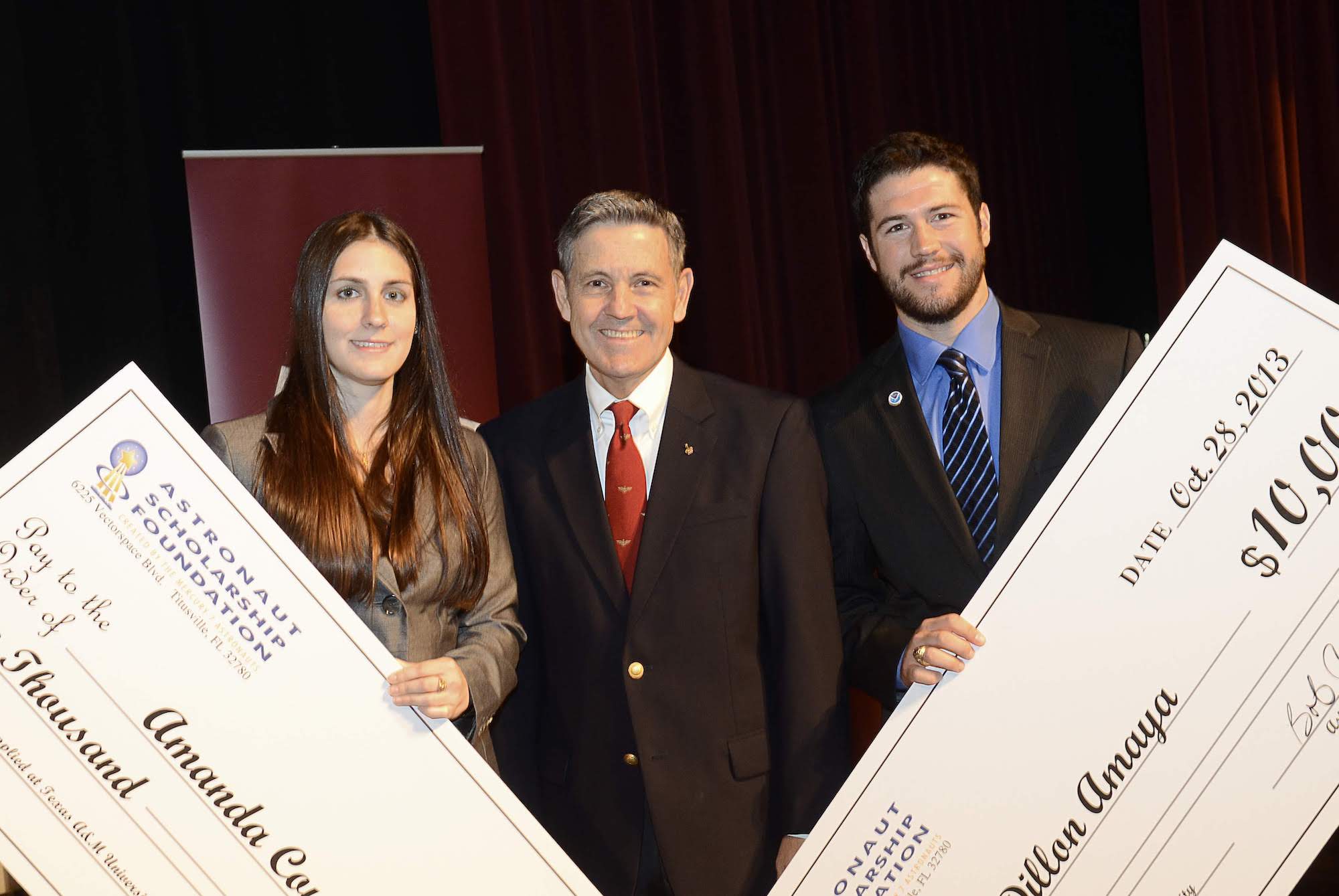Funding Opportunities

SCHOLARSHIPS
The Water Management and Hydrologic Science Program offers several scholarships. Once admitted you will receive a welcome letter from the Program Coordinator with instructions on how to apply.
ASSISTANTSHIPS AND FELLOWSHIPS
The WMHS program does not directly offer Teaching Assistantships. Limited Research Assistantships are available and are typically provided by the faculty Chair (advisor) directing the student’s research. Applicants reach out to our faculty members directly to inquire about their funding availability.
Applicants are encouraged to take advantage of the following resources:
- Funding Opportunities for Prospective/Incoming Students
- National Fellowship Opportunities
- Graduate and Professional School Funding Opportunities
- Externally Funded Fellowships for Graduate Students
Eligible students accepted by the WMHS program may be considered for the Texas A&M University Graduate Merit Fellowship for Interdisciplinary Degree Programs (see details below) and the Dr. Dionel E. Avilés '53 and Dr. James E. Johnson '67 Graduate Fellowship Program. Both fellowship programs require nominations by the graduate program (students may not self-nominate). Applicants must review the eligibility criteria and contact the program coordinator in advance of the nomination deadlines to request a nomination.
The Texas A&M University Graduate Merit Fellowship for Interdisciplinary Degree Programs, hereinafter referred to as IDP Merit Fellowship, seeks to encourage high-quality applicants to enroll in Texas A&M’s doctoral IDPs.
Nominees must be a U.S. resident, U.S. Permanent resident, or an eligible noncitizen and have applied for PhD admission to a Texas A&M IDP for the first time for summer or fall 2025.
The WMHS Executive Committee reviews the applications/applicants and recommends who will be nominated for an IDP Merit Fellowship. Reviewers will consider all aspects of the applicant’s experiences in the evaluation process with a focus on excellence and how the applicant will contribute to diversity at Texas A&M.
The review elements noted below may be gauged in multiple parts of the nomination application. Such measures include, but are not limited to, cumulative grade point average in the wider context of the academic record; the maturity and sophistication of the personal statement; the extent and quality of prior research experience; recommendations from faculty; and correspondence between research interests and available faculty expertise.
- Evidence of superior academic achievement GPA; honors or other awards.
- Relevant experiences outside of the classroom such as extracurricular experiences related to course of study; leadership experiences; work experiences; military experiences; internships/externships; personal history; international experiences (i.e., study abroad, semester at sea); research experiences (either at their own university or in summer undergraduate research opportunities at other universities); oral or poster presentations; publications; and the like.
- Non-cognitive and personal attributes that speak to the nominee’s research potential, adaptability, creativity, and collegiality; motivation and experience; persistence in and commitment to educational success; social and emotional skills and character traits; and the like.
Reference or support letters: to what extent do support letters indicate the applicant’s ability to succeed in graduate school; statements that highlight how the applicant stands out; and the like.
